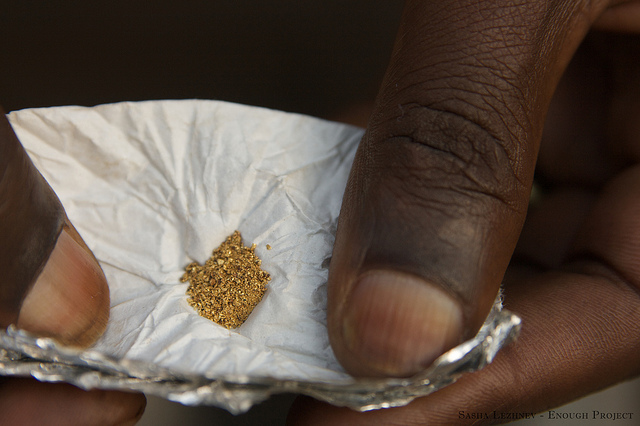In March 2013 the European Commission opened a public consultation on the potential for an EU regulatory or other initiative on responsible sourcing of minerals coming from conflict zones and high-risk areas, such as war zones, post-war zones, and areas vulnerable to political instability or civil unrest.
The Commission describes its aim as to deepen its understanding of issues such as the sourcing and security of supply of minerals, supply chain transparency and good governance. Managed by the Directorate-General for Trade, the Commission will use the results to help it decide whether and how, in a 'reasonable and effective manner', to complement and to continue on-going due diligence initiatives and support for good governance in mineral mining, especially in developing countries affected by conflict.
This IHRB submission answers the Commission's specific questions, emphasising the importance of an EU initiative on conflict minerals and its alignment with related initiatives such as the OECD Due Diligence Guidance for Responsible Supply Chains of Minerals from Conflict-Affected and High-Risk Areas and Section 1502 of the 2012 US Dodd-Frank Act.
Photo: Flickr/Enough Project





























How should businesses respond to an age of conflict and uncertainty?
As 2024 began, European Commission President Ursula von der Leyen aptly summed up our deeply worrying collective moment. As she put it, speaking at the annual World Economic Forum in Switzerland, we are moving through “an era of conflict and...
26 March 2024 | Commentary
Commentary by Scott Jerbi, Senior Advisor, Policy & Outreach, IHRB